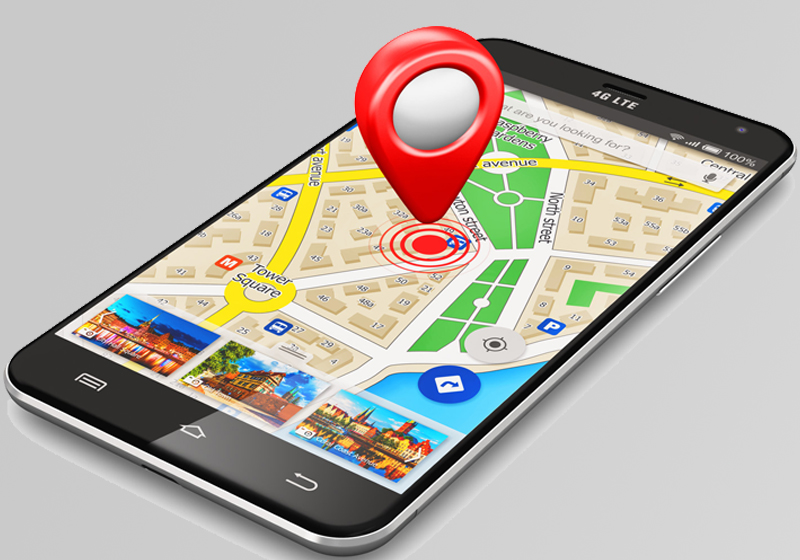Location intelligence is an asset management business intelligence tool that allows an organization to track the geographical context of business data. As software designed for business purposes, local intelligence supports analysis and decision making, and delivering spatial insights through GIS enabled applications. Location intelligence provides answers to the questions of “where” and contextual insights by combining business data, geospatial data and analytics with easily understandable mapping visualizations. Historical patterns of data analytics and mapping become inefficient to perform business processes. Visualization of data from paper to digital is necessary for the successful growing of an industry at present. Reliable document conversion services can offer a smooth transition from physical data to digital data to the best effect. With the increasing demand of location-based applications, a number of software solutions have been developed and most of the businesses are interested in using them. Most of all, businesses have benefited a lot with the advancement of artificial intelligence in the field of local intelligence.
Today, the immediate application of local intelligence can be in the business areas of real estate, retail stores, transportation, government, insurance, healthcare, construction, engineering, manufacturing and other industries to deliver insights needed for improved decision making. In addition to these direct purposes, this technology can also be used for fraud detection, public safety, and helps in improving recruitment processes.
Application of Local Intelligence
Application of local intelligence in a wide range of industries helps in improving overall business results. Here are a few practical industry applications.
- LI in Real Estate
Location may be the king in the real estate industry. The emergence of new software helps brokers or property owners not only to cut costs but also to identify new revenue streams. In fact, the whole face of the real estate industry is completely changing with various technological innovations. Today, many real estate agencies adopt the services of various location applications to increase their marketing. Location intelligence can present quality maps to reshape the retail modeling. It can also provide site reports with comprehensive site analysis. - LI In Retail Store
Local intelligence can be integrated in the retail industry in many ways. It deals with the performance of site selection, maximizing per-store sales, market analysis and retail leakage, identifying under-performing stores, and supplying gap analysis. Retailers now have a new suite of tools and they use location intelligence for strategic and tactical advantages. Location data has been used for suggesting relevant local marketing offers, designing floor plans, arranging product shelf placements and planning store locations. Recently, retailers are turning to a combination of software applications to discover new insights. They have started inviting customers to participate in opt-in programs using smartphone apps to communicate with them based on their profile, historical purchases and current location. This improves retail customer experience. - LI In Government
In order to serve the needs of their people by planning sustainable communities, providing efficient mass transportation, alleviating traffic congestion, fighting with crime and for other activities, government agencies use location data. Thus smart city planning and management is easily possible for government officials with the analysis of location data. - LI in Transportation
In transportation, LI is mainly concerned with transport planning and route monitoring with sensors. With the use of specific software tools, many transportation companies can find an exponential increase in the quality of their services. In fact, such software are built taking into consideration a number of data points including origin and destination of vehicles, type of road, time of the day, day of the week, month, holidays and such variables.
However, with Artificial Intelligence, transportation becomes more efficient than usual. Road safety is one of the significant aspects of location data analysis. It enables identifying those patterns which lead to accidents or traffic jams.
As an integral part of spatial analytics, location intelligence allows businesses to identify areas with market commonalities using layers of data. The application of such software can ensure more benefits for your companies. These kinds of tools only take a few clicks to activate and only very little knowledge of the underlying geospatial technology is needed for best working. With the right location intelligence platform, users can aggregate and visualize data for better insights.




